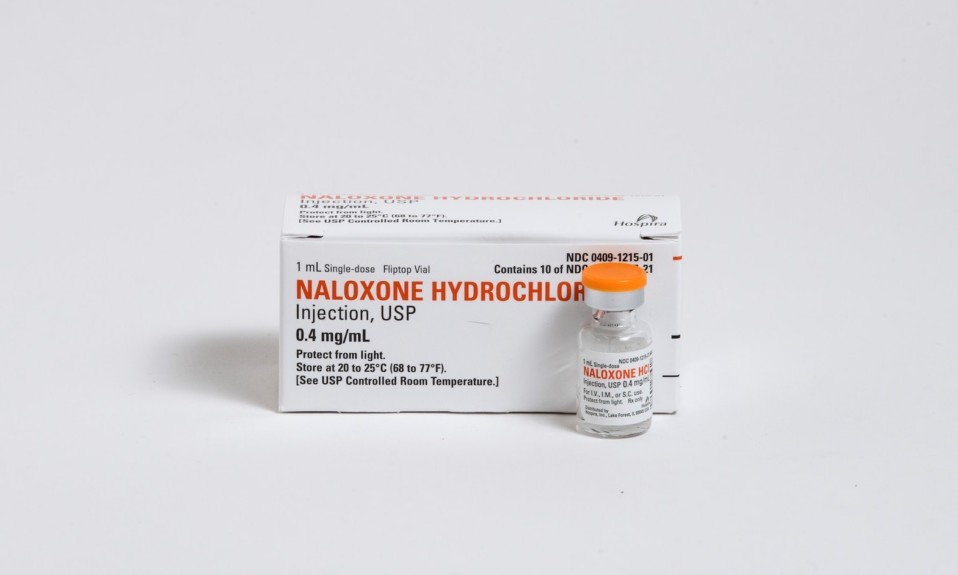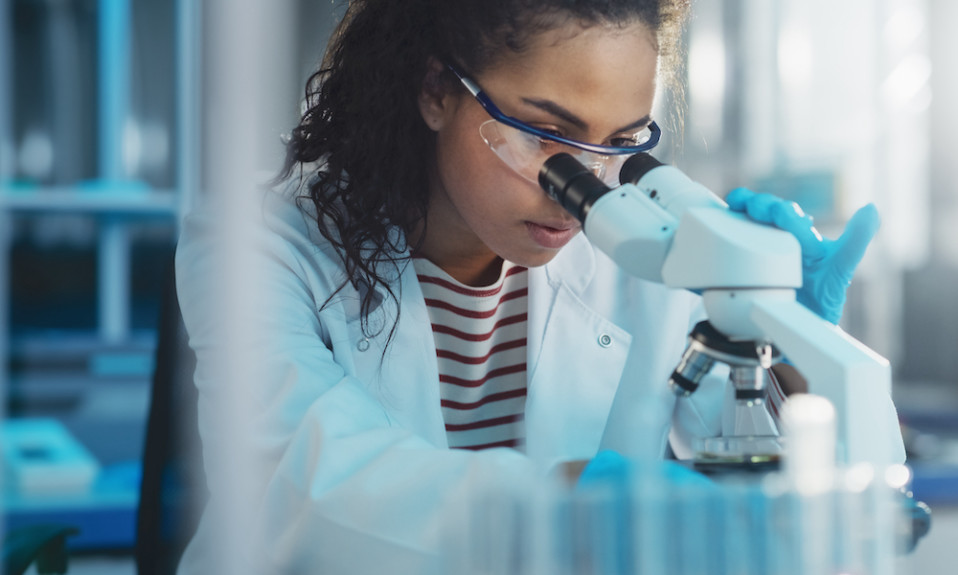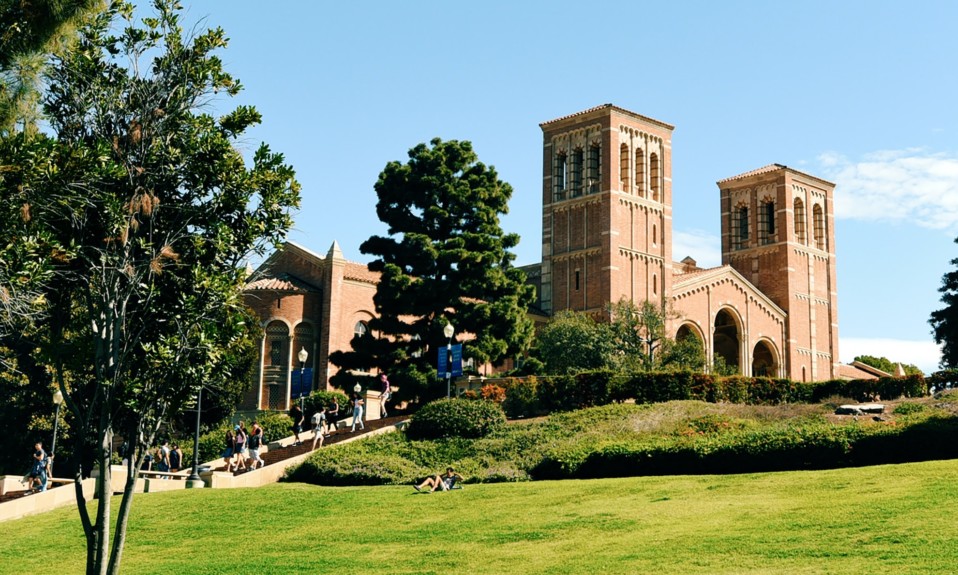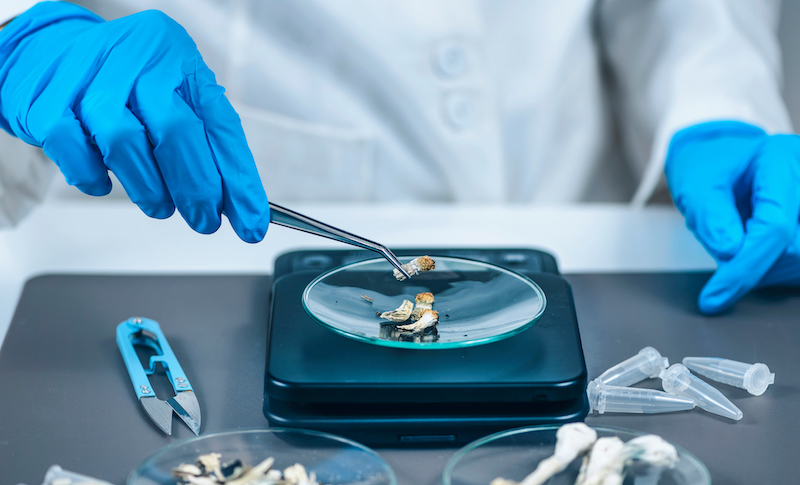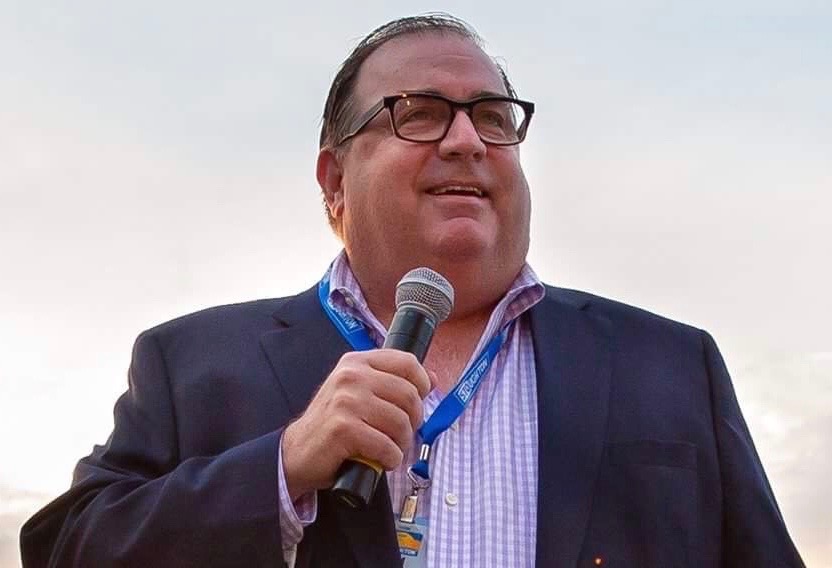Plus: Psychedelic treatment without the “trip,” sound therapy to retune the mind and body, and more industry news
By Mark Mravic
New & Next: Nonprofits
Remedy Alliance Launches Its Own Naloxone Service
Facing an ongoing national shortage of the overdose-reversal drug naloxone, the harm reduction organization Remedy Alliance/For the People has contracted with Hikma Pharmaceuticals to custom-produce its own line of injectable naloxone at a discounted price. As the advocacy site Filter reports, the Alliance last week launched an online store to supply the drug directly to its more than 100 affiliate programs. (It also has a contract with Pfizer, which suffered significant disruption to its manufacturing and supply chain last year that is only now rebounding.)
Formerly known as the Opioid Safety and Naloxone Network Buyers Club, Remedy Alliance has been the nation’s largest source of affordable naloxone distributed directly to community organizations—such as harm reduction programs, mutual aid networks, health departments and nonprofits. From 2017 to 2021 it distributed more than four million doses, and with the new online store and its own line of naloxone, it’s hoping to provide two million doses in the coming year alone, Filter reports. Its setup allows Remedy Alliance to bypass the big pharmaceutical distributors, with shipments sent directly to the organization’s warehouse in Berkeley, Calif., where they’re broken down and reshipped to harm reduction organizations.
Remedy Alliance’s network includes programs in 39 states and the District of Columbia, ranging from national organizations such NEXT Distro, an online and mail-based harm reduction program, to state, local and street-based organizations such as Utah Naloxone, Prevention Point Pittsburgh, Wellness Services of Flint, Mich., and SHOTS: Stop Harm on Tulsa Streets.
New & Next: Research
Psilocybin Treatment Without the Trip?
The Center for Addiction and Mental Health in Toronto recently received the first-ever grant from the Canadian government to study whether psilocybin, the psychoactive component in mushrooms, can be effective in treating mental health and addiction without its psychedelic effects, which until now have complicated its treatment potential.

A growing body of research has suggested that psilocybin, combined with intensive psychotherapy, can be an effective treatment for severe depression and some forms of addiction. But its psychoactive effects mean that such therapies require substantial accompanying support. The study will involve three groups of subjects with depression who haven’t responded to other forms of treatment. One will receive psilocybin plus a blocker that will stop the drug’s psychedelic effects; the second will receive psilocybin and a placebo; and the third will get a placebo and the blocker. All subjects will receive 12 hours of psychotherapy, as is the current practice in psychedelic research.
“If this study shows that psilocybin is still effective at treating depression without inducing a psychedelic state, it could remove the time-intensive and costly need for psychological support during the treatment,” Ishrat Husain, MD, principal investigator on the study, said. “This would make the treatment more accessible both for healthcare funders and for those seeking treatment.”
New & Next: Treatment
Sound Therapy for Addiction Treatment

Timberline Knolls, a Chicago-area residential behavioral health and recovery facility serving women and adolescent girls, recently added sound therapy to its treatment repertoire for substance use, trauma and other mental health conditions. The therapy involves circling the outer edge of crystal bowls with a mallet to produce sound vibrations that generate singing tones, connecting with the mind and the body to create a calming effect.
“Sound healing has been very well-received by our residents,” says Elisabeth Nuesser, a trauma-informed yoga facilitator at Timberline Knolls. “Offering a multidisciplinary approach that incorporates holistic methods and medicine is proving to be beneficial for our residents.” Nuesser says the sound bowl meditation therapy helps “retune” the nervous system after it has been dysregulated by addiction and trauma. “It’s a great supplemental addition to group and individual talk therapy,” she says.
New & Next: People
Landmark Adds Henry as Chief People Officer
Tennessee-based Landmark Recovery, which operates 11 addiction treatment facilities across six states, has named AJ Henry as its chief people officer. In the position, Henry will lead Landmark’s human resources team, prioritizing the “strategic sourcing of strong leaders” as the company plans to open 40 more locations by the end of 2023.
Said Henry, who previously had human resources roles at Amazon, Lowe’s and Target, “I am excited about having the opportunity to build on Landmark’s commitment to fostering an environment where individuals are valued and respected as we move forward with the company’s rapid growth.”
Top photo: NEXT Distro


